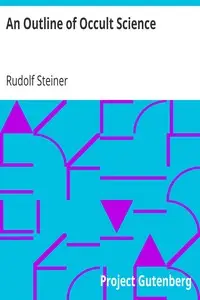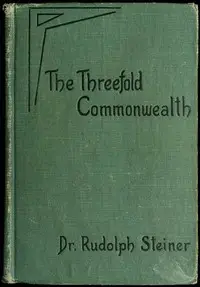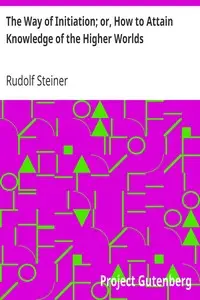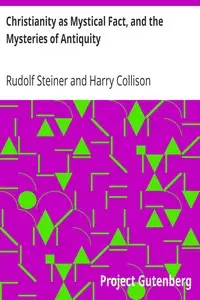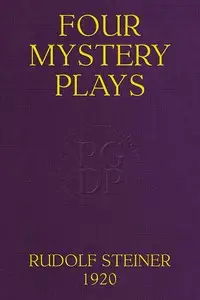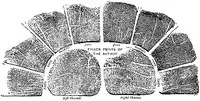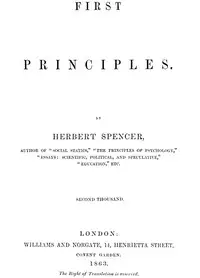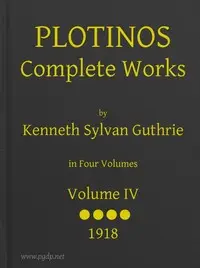"The Philosophy of Spiritual Activity" by Rudolf Steiner is a philosophical work written in the early 20th century. This book serves as a modern exploration of the nature of human freedom and spiritual experience, which proposes that the understanding of human action, thought, and motivation is complex and intertwined with an inherent desire for knowledge. Steiner aims to lay a philosophical foundation upon which future understanding of spiritual activity can build. The opening of the work introduces two central questions: whether human beings are truly free in their actions and thoughts, or if they are governed by determinism. Steiner critiques both perspectives, suggesting that a genuine understanding of freedom stems from recognizing the intricate connections between conscious actions and underlying motives. He emphasizes that true knowledge of our inner selves and the laws governing human experience can emerge from a thoughtful examination of these relationships, thus bridging the gap between philosophy and spiritual experience. (This is an automatically generated summary.)
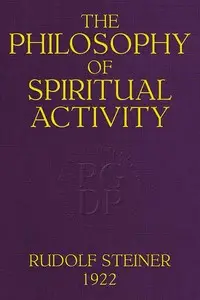
The Philosophy of Spiritual Activity A Modern Philosophy of Life Developed by Scientific Methods
By Rudolf Steiner
"The Philosophy of Spiritual Activity" by Rudolf Steiner is a philosophical work written in the early 20th century. This book serves as a modern explo...
Rudolf Joseph Lorenz Steiner was an Austrian occultist, social reformer, architect, esotericist, and claimed clairvoyant. Steiner gained initial recognition at the end of the nineteenth century as a literary critic and published works including The Philosophy of Freedom. At the beginning of the twentieth century he founded an esoteric spiritual movement, anthroposophy, with roots in German idealist philosophy and theosophy. His teachings are influenced by Christian Gnosticism or neognosticism. Many of his ideas are pseudoscientific. He was also prone to pseudohistory.

